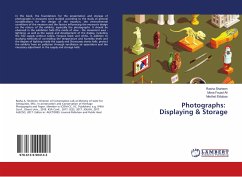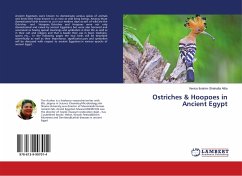Since its discovery, photography has gained an increasing importance in cultural heritage. Although disregarded as an actual art form on the first decades of its existence, it is now solidly established as one. Archives, museums and private collections comprise large amounts of photographs, which can be a testimony of our ancestors and their lifestyles as well as objects of artistic expression .Thus the importance of this medium and the keenness to study and understand these objects. Although photography had a profound social presence and influence in the last 150 years, the conservation of photographic objects has been developed relatively recently in the last 30 years. This has been done through the chemical characterization and historical research of photographic objects regarding the subjects of this study tintypes the scientific literature is still rare. During the period of their production, a great variety of materials was used, because photographic processes were evolvingvery quickly and a lot of materials were being tried to achieve better results. Also, sometimes materials were used besides the ones documented on manuals of the time.
Bitte wählen Sie Ihr Anliegen aus.
Rechnungen
Retourenschein anfordern
Bestellstatus
Storno








